1984 Sikh Genocide: Prosecution Must Be Pursued Earnestly, Not Merely as a Formality, Says Supreme Court
Of the 650 cases registered in connection with the 1984 Sikh Genocide, chargesheets were filed only in 362 cases, Delhi Police inform the Supreme Court
Raising serious concerns over the Delhi Police’s failure to file appeals against acquittals in the cases related to the 1984 Sikh Genocide, the Supreme Court on Monday emphasized that prosecution must be conducted "earnestly and not merely as a formality."
“In several cases, you have failed to challenge the orders issued by the Delhi High Court. Frankly speaking, filing Special Leave Petitions (SLPs) is ineffective unless they are pursued with sincerity. Tell us, in previously filed matters, were any senior legal professionals engaged to argue the case? Legal proceedings must be undertaken with seriousness, not as a mere procedural formality. It should be done earnestly and with genuine intent,” a Bench led by Justice Abhay S Oka stated while addressing Additional Solicitor General Aishwarya Bhati, who represented the Delhi Police.
“We are not suggesting that the outcome should necessarily be in a particular manner,” remarked the Bench, which also comprised Justice Ujjal Bhuyan. The Bench was hearing a Public Interest Litigation (PIL) filed by former Shiromani Gurudwara Prabandhak Committee member Kahlon, based on whose petition the Supreme Court had in 2018 constituted a Special Investigation Team (SIT) led by Justice (Retd) S N Dhingra to reinvestigate 199 cases that had been previously closed without proper investigation. The court's observations followed senior counsel H S Phoolka’s submission on behalf of the genocide victims, wherein he contended that the appeals filed by the Delhi Police were nothing more than a formality. “There was a judgment from the Delhi High Court highlighting the cover-up and stating that the state had failed to prosecute the cases properly,” Phoolka asserted, seeking permission to place those judgments on record.
As Bhati stated that letters had been issued for filing appeals in six acquittal cases, the Bench scheduled the matter for further hearing on February 17. Nearly 3,000 Sikhs were massacred, the majority of them in Delhi, during the Sikh Genocide that erupted following the assassination of then Prime Minister Indira Gandhi on October 31, 1984.
The Delhi Police have ruled out the possibility of retrial due to the alleged lack of evidence. In a fresh status report, the Delhi Police informed the Supreme Court that out of the 650 cases registered concerning the 1984 Sikh Genocide, charge sheets were filed only in 362 cases, leading to convictions in merely 39 instances, while in the remaining 323 cases, the accused were acquitted. The report confirmed that no trials were currently pending.
According to the status report, 267 cases remained untraced and were accepted as such by the courts in 266 instances, while one untraced case from PS Sultanpuri was still awaiting opinion from the Delhi Government. The report further stated that 18 cases were canceled, while two were clubbed with other cases.
A case from Nangloi was investigated by the Central Bureau of Investigation (CBI), which subsequently filed a closure report that was accepted by Additional Chief Metropolitan Magistrate Jitendra Singh on December 12, 2017. Acting on Kahlon’s petition, the Supreme Court had, in January 2018, appointed a Special Investigation Team (SIT) led by Justice (Retd) S N Dhingra to reopen and reinvestigate 186 cases related to the 1984 Sikh Genocide.
On January 27, Phoolka submitted a tabulated chart based on the SIT report, underscoring the inaction of the Delhi Police. He pointed out that the murder of six individuals was never investigated and no action was taken in at least two cases. In one instance, no SLP was filed against the dismissal of a case. Furthermore, Phoolka highlighted that a Station House Officer (SHO), who had allegedly confiscated the licensed firearms of Sikhs and signaled mobs to attack them, was later promoted to the rank of Assistant Commissioner of Police (ACP).

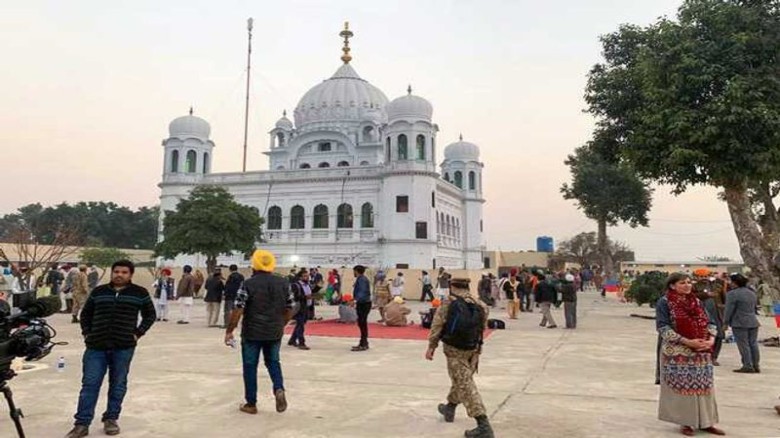
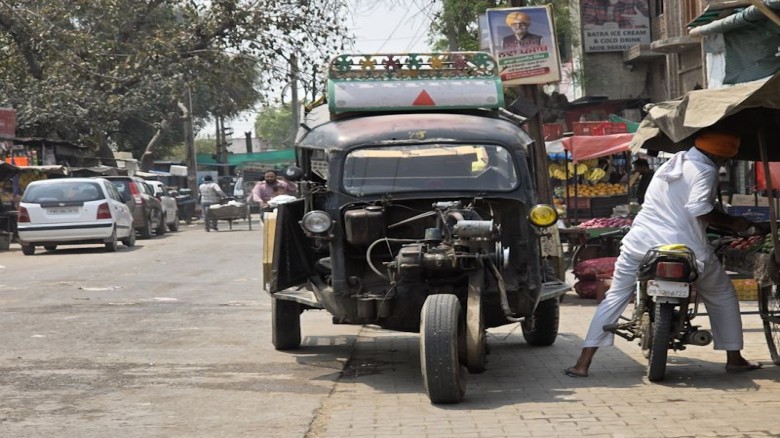

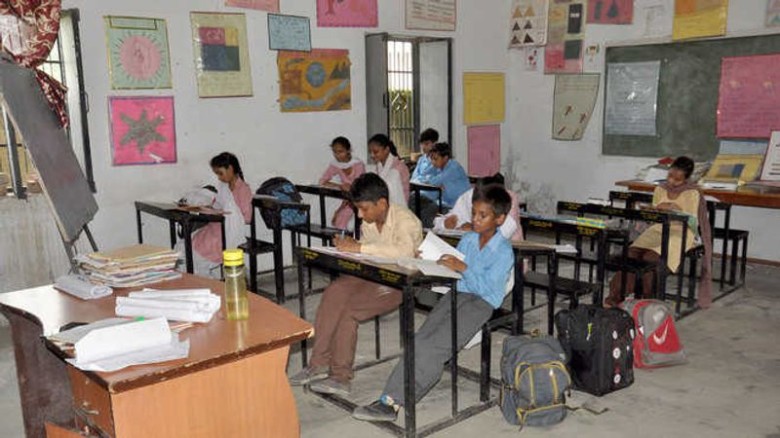



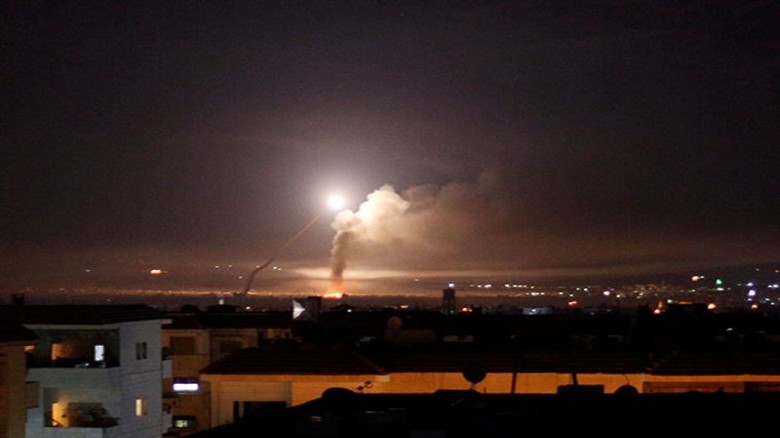






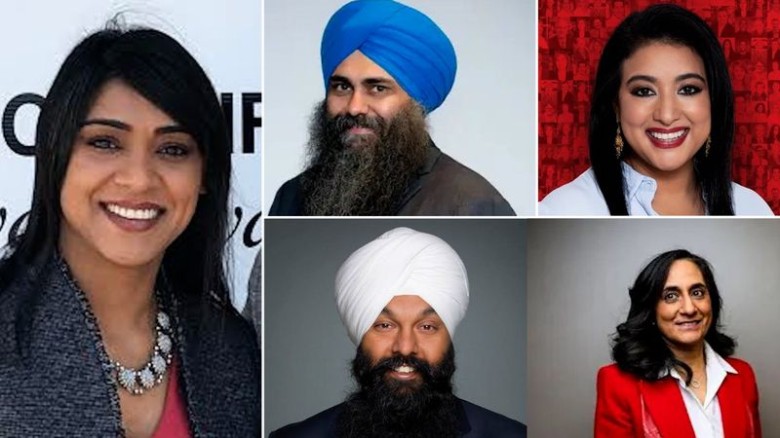









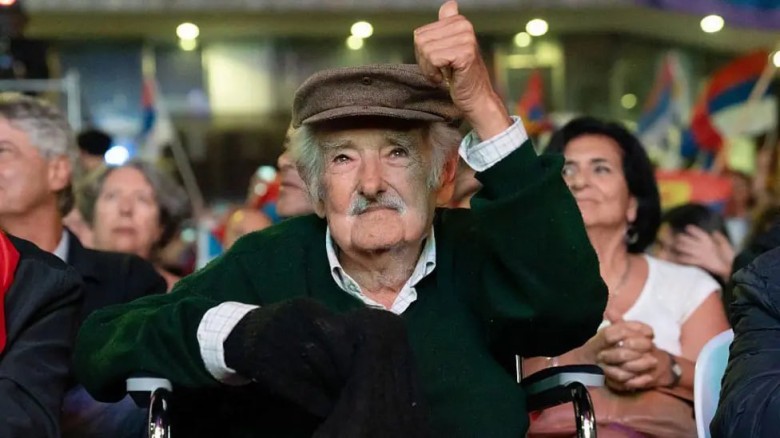
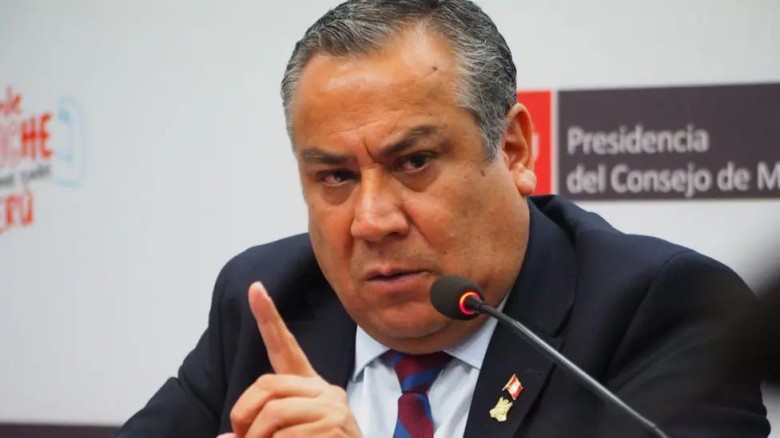

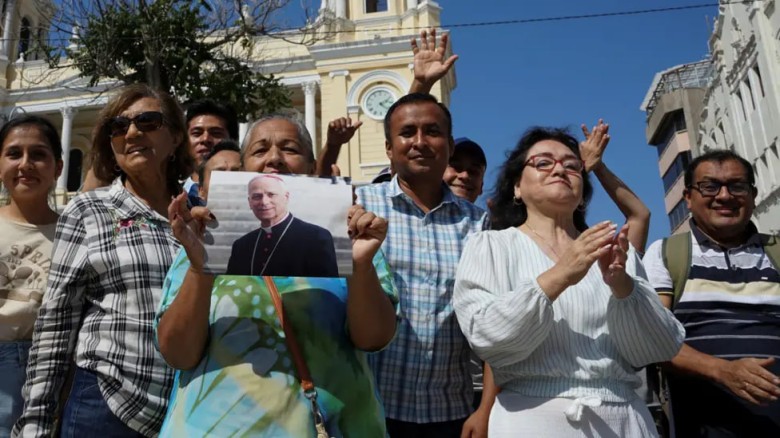










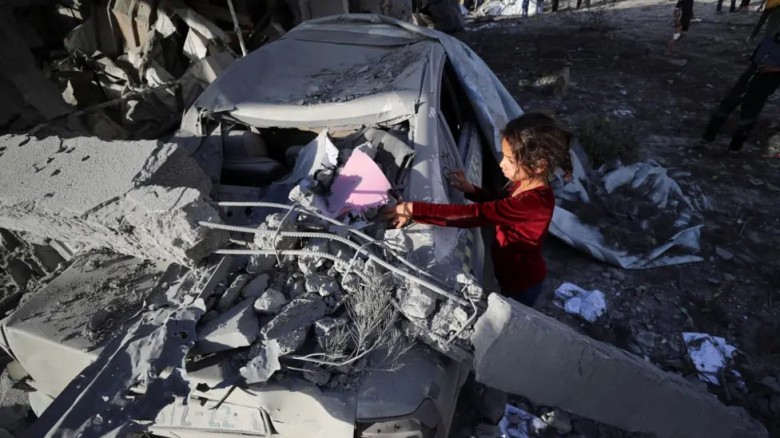
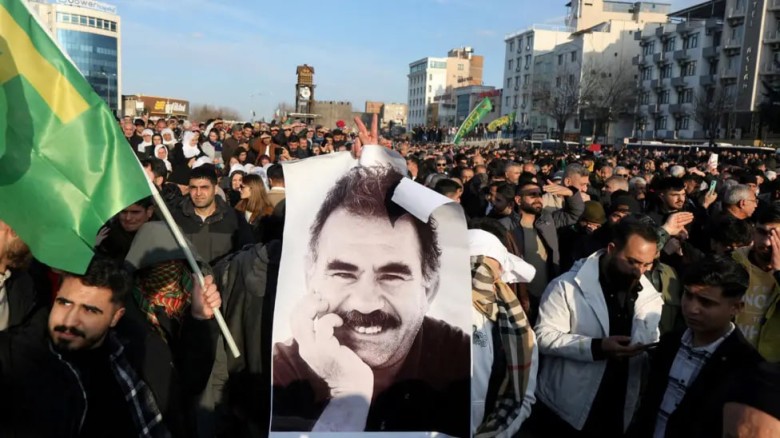
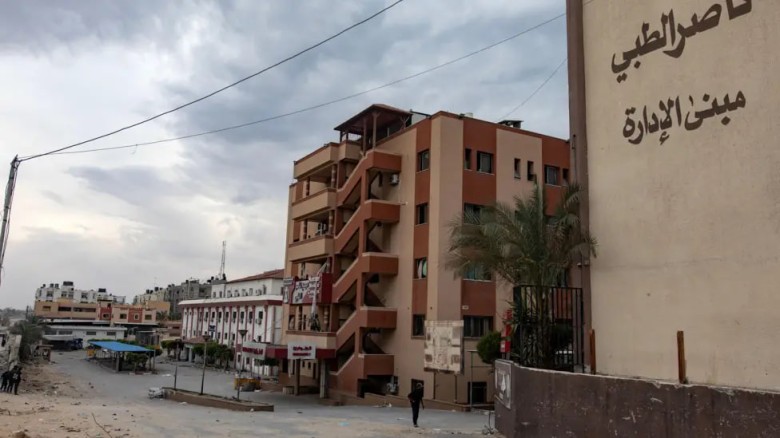







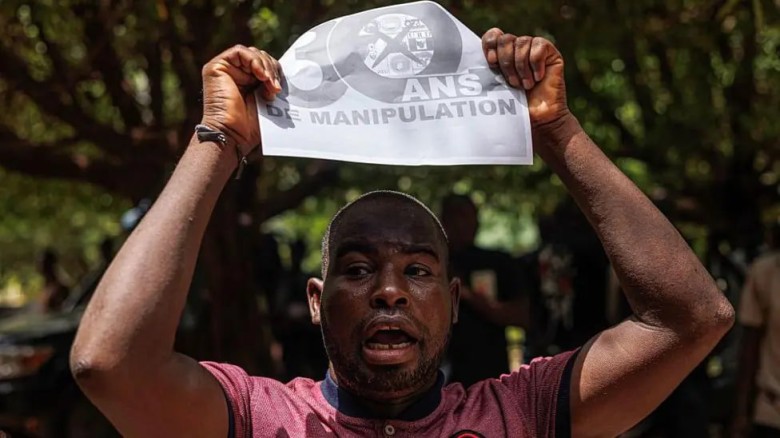
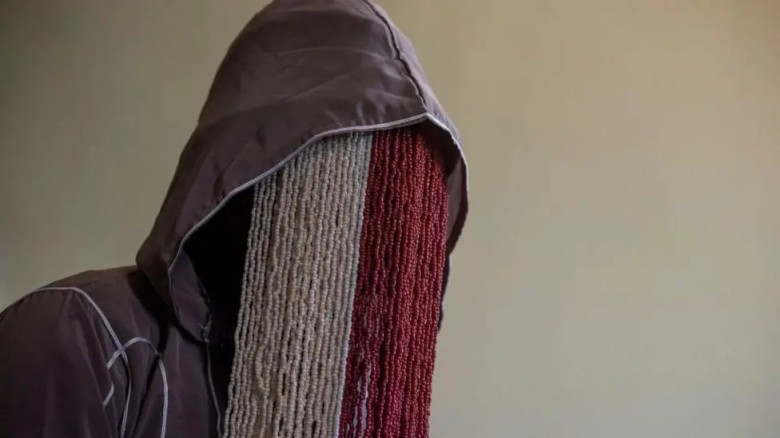

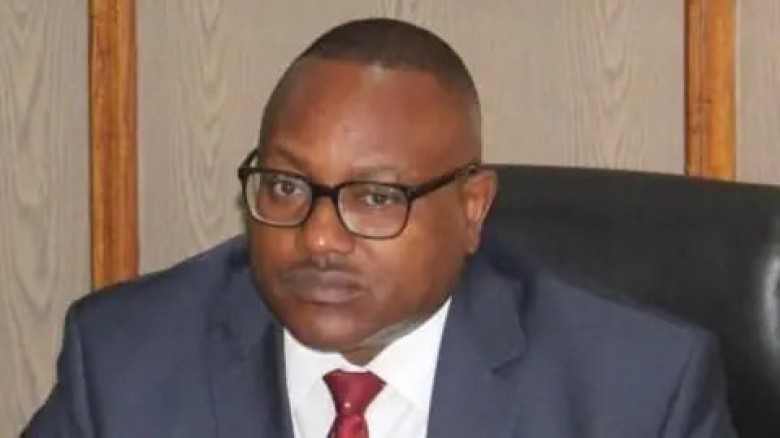

















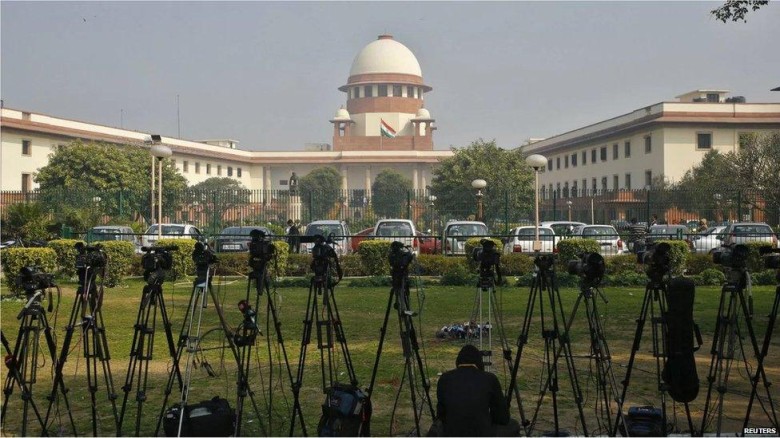


Leave A Comment